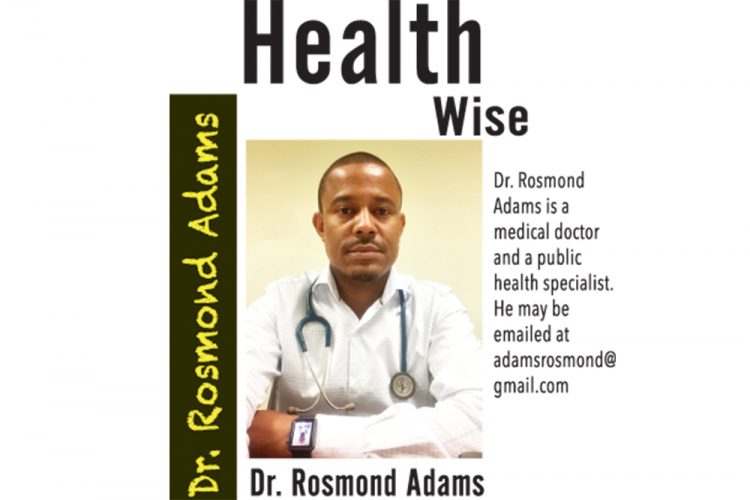Generalized anxiety disorder (GAD)

Anxiety is a feeling of unease, such as worry or fear, that can be mild or severe. Everyone has feelings of anxiety at some point in their life – for example, you may feel worried and anxious about sitting an exam, or having a medical test or job interview. During times like these, feeling anxious can be perfectly normal.
However, some people find it hard to control their worries. Their feelings of anxiety are more constant and can often affect their daily lives. Anxiety is the main symptom of several conditions, including: panic disorder, phobias, post-traumatic stress disorder (PTSD) and social anxiety disorder (social phobia).
Generalized Anxiety Disorder (GAD) is a long-term condition that causes you to feel anxious about a wide range of situations and issues, rather than one specific event.
People with GAD feel anxious most days and often struggle to remember the last time they felt relaxed. As soon as one anxious thought is resolved, another may appear about a different issue.
GAD can cause both psychological (mental) and physical symptoms. These vary from person to person, but can include feeling restless or worried, having trouble concentrating or sleeping, dizziness or heart palpitations.
Although feelings of anxiety at certain times are completely normal, you should see your health care provider if anxiety is affecting your daily life or causing you distress.
GAD isn’t fully understood, although it’s likely that a combination of several factors plays a role. Research has suggested that these may include overactivity in areas of the brain involved in emotions and behaviour; an imbalance of the brain chemicals serotonin and noradrenaline, which are involved in the control and regulation of mood; genetics; having a history of stressful or traumatic experiences, such as domestic violence, child abuse or bullying; having a painful long-term health condition; or having a history of drug or alcohol misuse.
However, many people develop GAD for no apparent reason. Slightly more women are affected than men, and the condition is more common in people from the ages of 35 to 59.
GAD can have a significant effect on your daily life, but several different treatments are available that can ease your symptoms. These include: psychological therapy – such as cognitive behavioural therapy (CBT), medication – such as a type of antidepressant called selective serotonin reuptake inhibitors (SSRIs). There are also many things you can do yourself to help reduce your anxiety. You can go on a self-help course, exercising regularly, stopping smoking and cut down on the amount of alcohol and caffeine you drink.
With treatment, many people are able to control their anxiety levels. However, some treatments may need to be continued for a long time and there may be periods when your symptoms worsen.
Taken from the UK NHS: http://www.nhs.uk/conditions/Anxiety/Pages/Introduction.aspx
Dr Rosmond Adams, MD is a medical doctor and a public health specialist with training in bioethics and ethical issues in medicine, the life sciences and research. He is the head of Health Information, Communicable Disease and Emergency Response at the Caribbean Public Health Agency (CARPHA).
He is also a member of the World Health Organization (WHO) Global Coordination Mechanism (GCM) on the Prevention and Control of Non-Communicable Diseases (NCDs).
(The views expressed here are not written on behalf of CARPHA nor the WHO)









